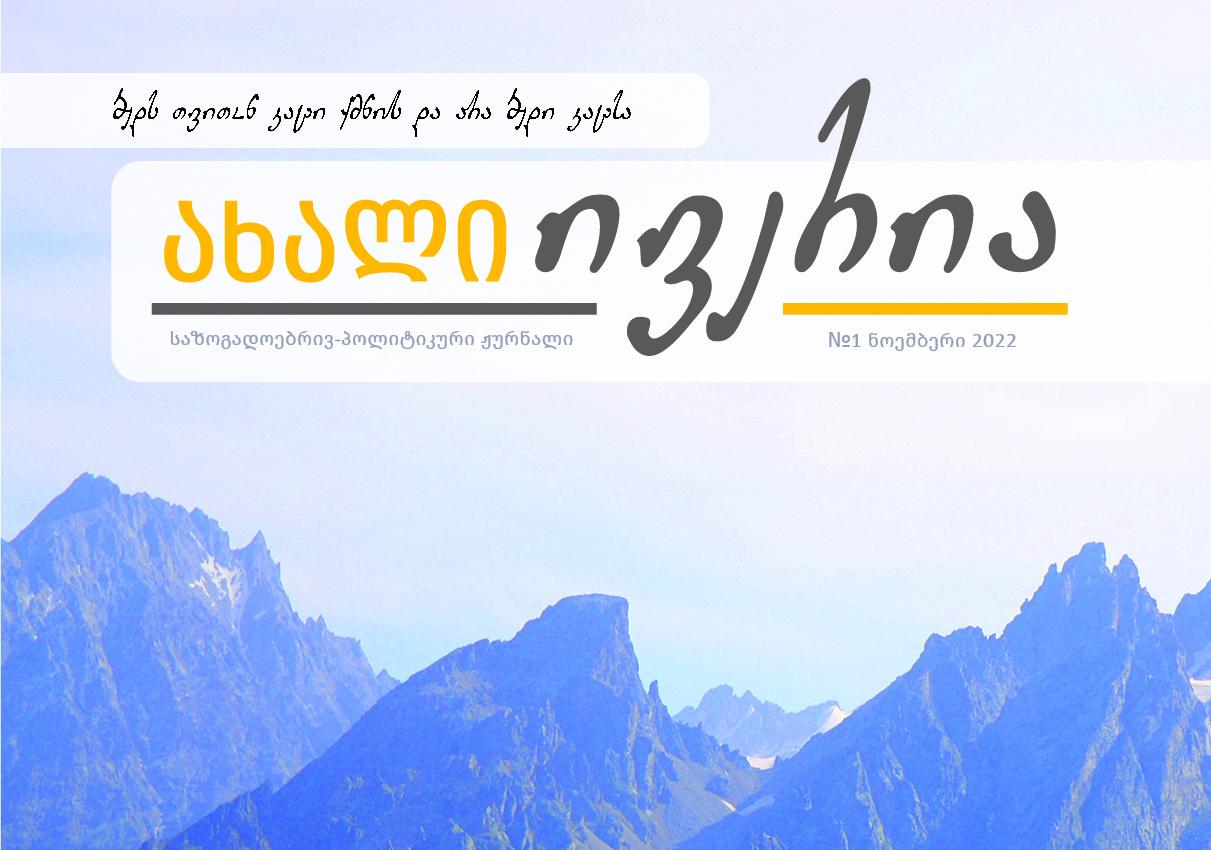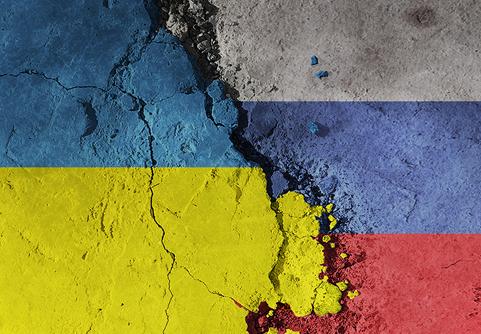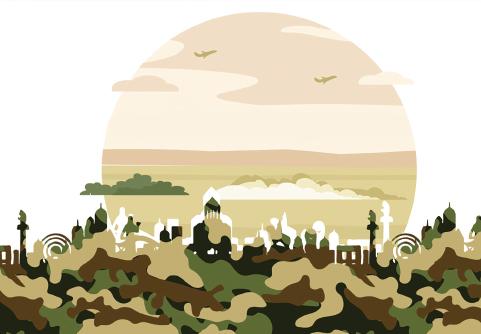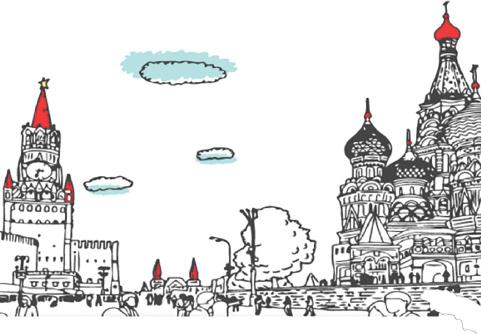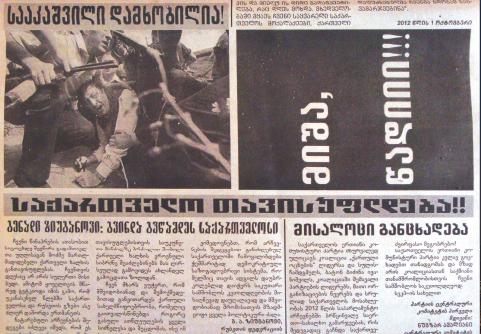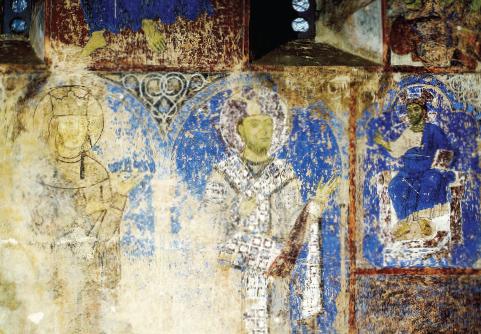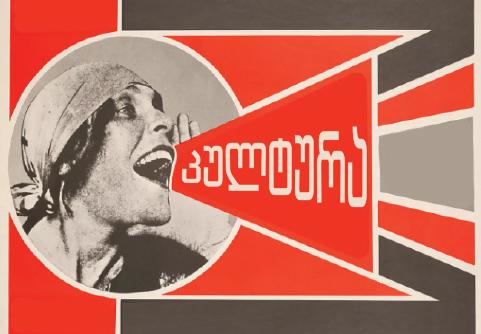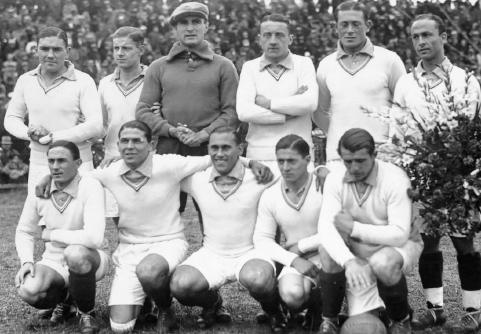Author : Giga Jokhadze
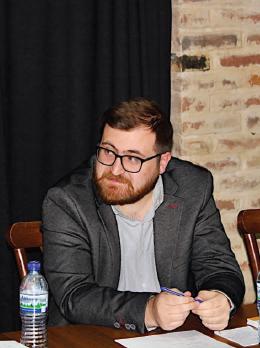
In the view of a significant part of the Georgian population, Russia's influence in Georgia has significantly increased since October 1, 2012. A particularly important indicator of the increased influence of the Russian Federation is the Kremlin's penetration into the Georgian military structures and special services. The admission of Tristan Tsitelashvili into a secret military facility, the release from prison of Akhmed Chatayev, an international terrorist suspected of cooperation with the Russian security services, and the suspicious death of special forces officers participating in the Kodori 2007 operation in a short period adds plausibility to the above-mentioned opinion. The latter case, which the Georgian public seems to have forgotten about after several journalistic investigation stories, is particularly suspicious.
On September 20, 2007, the Georgian Special Services prevented a joint sabotage operation by Abkhazians and Russians in Kodori Valley on the territory of Georgia. The aim of the sabotage was to attack the road connecting Kodori Valley with the rest of Georgia. Georgian Special Forces managed to eliminate two Russian commanders of the saboteurs and took captive seven members of the group. The Russian government was clearly irritated by the successful military operation carried out by the Georgian special services. MPs of the Russian Duma, members of the government, and other high-ranking officials unanimously demanded punishment for the organizers and perpetrators of the attack on the Abkhazian “border guards”.
Since then, the Russian Special Services have been trying to establish the identity of the members of the special forces unit participating in the Kodori operation. Dmitri Kordzadze, who was blown up in his own car in 2010, was the first participant of the special operation to be liquidated by the Russian Special Services. The Interior Ministry soon opened the case. It turned out that the murder was committed by citizens of Georgia: Otar Rogava and Temur Butbaia. The investigation of the Interior Ministry revealed that they were contacted by well-known Abkhaz criminal Valter Butba and a member of the de facto parliament of Abkhazia, Slavik Vardanyan, who introduced the two Russians to them. The Russians showed Rogava and Butbaia a photograph of Kordzadze and instructed them to eliminate him. Butbaia and Rogava planted an explosive device on Kordzadze’s car. After the explosion of Kordzadze, they met with their Russian contractors in Abkhazia and received 42,000 US dollars as a reward. How the Russian Special Services learned about Kordzadze's participation in the Kodori operation is unknown, although obtaining such secret information under the previous government would have been very difficult for them.
The situation changed after October 1, 2012, when Georgian Dream won the parliamentary elections. Under the new government, the entire special forces of the Kodori operation were summoned for interrogation. They were questioned about every detail, especially about the identity of the participants and their personal information. Soon, in 2014, five of the involved members of the special forces died one after the other under suspicious circumstances. Even this fact itself is highly questionable: How likely was it that 1/3 of the total number of special forces died as a result of an accident in a short period of time? Let's look at the details of the deaths of all five of the special forces officers.
One of the special forces who died in 2014 was Ivane Ivanidze. The official cause of his death was a car accident. David Ivanidze, the brother of the deceased special forces officer, recalls his brother's story: He was summoned for questioning in 2014, where he was asked about the details of the 2007 Kodori special operation. Those questioning were interested in who led the special operation, who were the participants, what weapons were used, etc. Ivanidze told his brother that the interrogation was conducted by two Russian men, whose identity was unknown to him. Soon after, Ivanidze was summoned for a second interrogation, where he arrived with a recording device installed in a cigarette case. According to David Ivanidze, his brother was going to hand over the evidence to journalist Rusudan Mchedlidze. Before the meeting with the journalist Ivanidze had a car accident. The special forces officer was rushed to the hospital, where his brother was told by an eyewitness that a few seconds after the crash two young men arrived at the scene of the accident, peered into the driver's side of the car and disappeared shortly thereafter. Another suspicious fact was that the car of the special forces officer had bullet marks.
After his brother's death, David Ivanidze continued his investigation, but all witnesses and evidence of the incident disappeared from the case file. Unknown persons asked David Ivanidze to forget about the accident forever. One day, Ivanidze was even abducted on his way to work and physically assaulted. The death of Ivane Ivanidze raises several important questions:
1. Who were the two Russians who interrogated the special forces members?
2. Was Ivanidze's death connected to his attempt to hand over a recording of the interrogation to the journalist?
3. If the official cause of death was a car accident, where did the bullet marks on the car come from?
4. Who were the two men who appeared at the scene of the car accident a few seconds later, why did they look into the car, and why did they disappear shortly afterwards?
5. Where did the only witness to the case disappear to?
6. Who threatened the brother of the deceased special forces officer and why?
In 2014, another Kodori special forces officer, Shalva Tatukhashvili, died. The official cause of death was given as an acute respiratory failure, but there were several suspicious details in the case, including cuts on his left hand, right thumb, and left knee. In addition, before his death, Tatukhashvili claimed that he had been pressured by the Prosecutor's Office to testify against Bacho Akhalaia and Levan Kardava. Before his death, Tatukhashvili told his sister Ketevan Kobiashvili that he was physically abused and subjected to drowning in water. According to Ketevan Kobiashvili, her brother was forced to sign a false testimony, but he was going to tell the truth in court. It is interesting to know why the deceased had cuts on his body, if the official cause of death was respiratory failure. Furthermore, the witness's allegation that the Prosecutor's Office tried to use Tatukhashvili for political purposes and physically abused him in order to force him to give false testimony also raises questions.
Another special forces officer who died was Zviad Lagvilava, the head of the special forces of the State Security Service of the Autonomous Republic of Abkhazia. The official cause of his death was an accident. According to the Interior Ministry, a water heater exploded in Lagvilava's office and he died as a result. In the recovered video footage, Lagvilava's family noticed that shortly before the explosion, an unidentified man entered his office and left soon after. Moreover, the day after the blast, the building was completely demolished. The case of Lagvilava's death also raises several important questions:
1. Who was the man who entered Lagvilava's room before the explosion?
2. Why was the building where the head of the Security Service of Abkhazia was killed completely demolished? Was it an attempt by the authorities to destroy the evidence?
3. Why didn't the authorities investigate the incident and what caused the explosion of the water heater?
In 2014, two more participants of the Kodori special operation were killed: Alexandre Danelia and Sergo Ubilava. Danelia and Ubilava were abducted on November 13, 2012, by officers of the Interior Ministry's Main Inspectorate. The Interior Ministry soon admitted that the former special forces officers were in custody. Soon afterwards, Danelia died, the cause of which was said to be suicide. However, the fact that there were two bullet injuries caused by a firearm fired upon Danelia's body raises doubts. The bullet hit Danelia in the chest and left arm. Such a trajectory for a suicide shot is strange, to say the least. As for Sergo Ubilava, he died in prison in March 2014. The cause of death was given as liver cirrhosis. Ubilava's relatives say that in order to get false evidence from him, Ubilava was given certain drugs and he eventually died of an overdose.
Some of the remaining members of the operation were arrested by the authorities, while others fled abroad and were granted political asylum. It is hard to believe that a large number of members of the special forces actually died in accidents in a short period of time, especially in light of the fact that there were many suspicious persons and circumstances in each of these cases. This looks more like revenge by the Russian security services on participants of the special operation, in which the current government of Georgia, which interrogated all participants and arrested most of them, must have been directly involved. Otherwise it is inconceivable how the Russian security services were able to identify members of the Georgian special forces unit. The story of the 2007 Kodori operation special forces demonstrates to us how the Kremlin security services were able to successfully penetrate into Georgian intelligence structures and special services under the Georgian Dream government.
